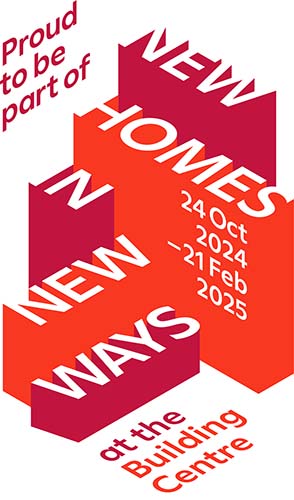
BCSA News and Insights
President's Column October 2024
14/10/2024
Category: President's Column
Grenfell inquiry
The Phase 2 Report on the Grenfell Tower Inquiry was published in early September 2024 and contains some serious accusations of failings in companies and establishments that are very familiar to all of us, using terms such as dishonest, incompetent and complicit.
Due to the gravity of the Grenfell tragedy, and the life-changing consequences to those involved, I fear that those failings will be seen by many to apply to the whole of the construction industry. But while there are definite changes required to the building safety regulations, I am confident that the quality, competence and (importantly) the desire to maintain our approach to safe construction is endemic within the BCSA and its membership.
Now, this may sound like I’m trying to defend our position, by claiming that we have no direct link to the products or events that led to the Grenfell disaster and therefore we have no need to act on any of the 58 recommendations contained in the report. However, this would be far from the truth since we do design and construct fire-protected structures and are therefore heavily involved in the specification and accreditation of products used in the construction of such buildings.
What I am sure of is that, in the main, the steelwork construction industry has always been extremely sensitive to health & safety, not just during construction, but also in respect of the completed buildings and their intended use and occupation. We have robust guidance and methods of determining the appropriate fire protection for different building types and size, and any deviation away from the standard approach has always been justified by clearly documented data taken from full-scale fire tests, such as those carried out in Cardington back in the 1990s. In fact, during the development and full-scale fire testing of cellular steel beams, it was discovered that the existing guidance on the required fire protection of the beam web posts was totally inadequate, and new guidance was immediately shared throughout the industry by the developing parties regardless of any commercial value or sensitivity.
The Grenfell report is recommending major amendments to Approved Document B, which is the principal document used by our industry to currently determine appropriate fire protection durations to our steel frames. While some changes may be needed, in my opinion, it would be wrong to apply a general increase in fire protection periods without due consideration of all other modern changes to buildings and their occupancy.
Unfortunately, we are already seeing a reactionary increase in the specified fire protection of certain buildings which, in my view, isn’t necessarily the most appropriate or correct solution for an already commercially sensitive construction industry. And by example, any increase to the fire protection period on open-sided car park structures, rather than looking at project specific fire engineered solutions to mitigate the spread of fire between adjacent vehicles, would not only create major commercial challenges to those members involved in the UK car park market, but also have wider embedded carbon and environmental impacts for building owners.
BCSA RQSC for buildings is now available to validate the quality, competence and experience required by the Building Safety Act 2022. Compliance with this accreditation will enable steelwork contractors to demonstrate their credentials to meet the required safety standards. Now is the time to show a proactive and collaborative response and not simply pay lip service to such an important report.
Gary Simmons, BCSA President

Previous article
10/10/2024

A warm welcome to our new BCSA Industry Member – Howmet Fastening Systems Ltd
Howmet Fastening Systems Ltd is well known for developing and engineering innovative fastening products
Next article
17/10/2024

New Homes in New Ways Exhibition and the NLSS
The BCSA is supporting the New Homes in New Ways exhibition at the Building Centre, which runs from the 24th October 2024 – 21st February 2025. It tells the story of how Modern Methods of Construction (MMC), unlocking “unlikely” land and rethinking the economics can accelerate the supply of quality new homes, with an emphasis on delivering the social rent housing needed at pace, in the first instance to get children out of homelessness.


